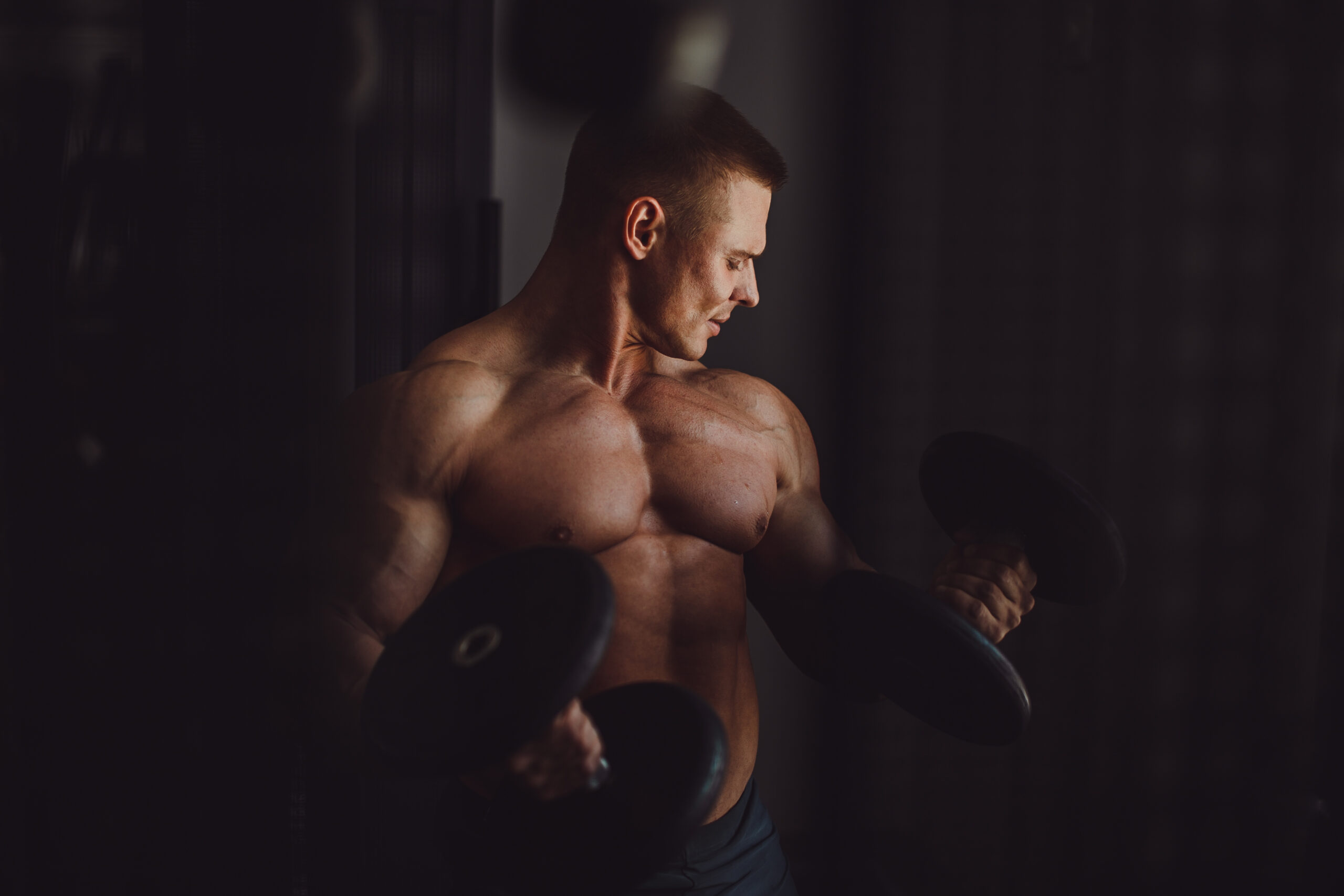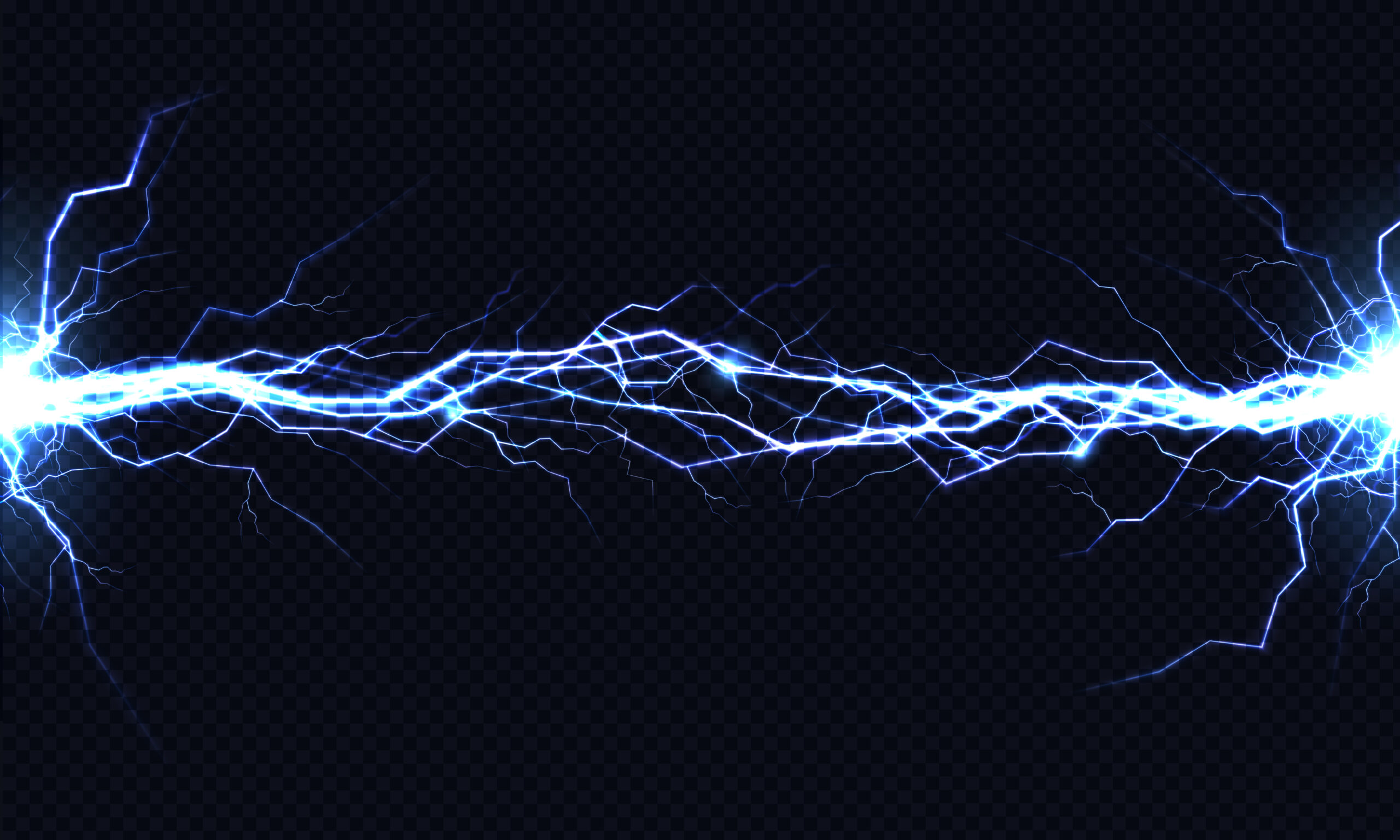From oceanfront boardwalks to mountain trails, California is built around movement, activity, and feeling your best. As men here move into their 40s, 50s, and beyond, many start looking for real, science-based ways to keep up with the life they love. One hormone keeps coming up in that conversation: testosterone — a powerful driver of strength, stamina, mood, and overall vitality.
Testosterone begins to decline gradually in early adulthood, but for many men the shift becomes impossible to ignore later on. Workouts stop delivering the same results, focus fades, and the natural drive that once felt effortless starts to slip. More and more, men are learning that this isn’t just “getting older” — and that hormone health, including testosterone replacement therapy in California, can be a key part of aging with confidence.
How optimizing testosterone helps California men stay sharp and energized
1. An Energy Level That Matches Your Lifestyle
Feeling wiped out by mid-afternoon is often chalked up to stress, kids, or a busy career. But in many cases, low testosterone is part of the story. Across California, men are discovering that balanced hormones can bring back the kind of energy that fits an active lifestyle.
With properly managed TRT for men in California, many report waking up more refreshed, staying alert through long workdays, and having enough fuel left over for evening workouts, dinners out, or time with family. Instead of “pushing through” constant fatigue, your energy starts to work with you again.
2. Protecting Muscle and Strength as You Age
California’s culture has always celebrated strong, capable bodies — from Venice Beach gyms to weekend ski trips in the Sierras. But even men who lift regularly and eat well can see their strength slide as they get older. Age-related muscle loss (sarcopenia) and low testosterone often go hand in hand.
When male hormone replacement therapy is used appropriately, restoring testosterone to a healthy range can make it easier to maintain lean muscle, support strength, and see real progress from your training program. Many men in their 40s, 50s, and 60s notice that their body responds better to the same smart workouts they were already doing.
3. Better Recovery, Fewer “Nagging” Setbacks
Whether you’re cycling along the Pacific Coast, training jiu-jitsu, or just committed to staying active, recovery is where long-term results are made. Soreness that lingers for days or minor tweaks that never quite heal can slowly chip away at your consistency.
Testosterone plays an important role in muscle repair and the body’s response to physical stress. With well-managed low testosterone treatment in California, many men notice less extended soreness, quicker bounce-back after intense sessions, and fewer annoying setbacks. That means more time training — and less time sitting on the sidelines.
4. Clearer Thinking and a More Stable Mood
Testosterone affects far more than muscles and libido. It also influences focus, motivation, and emotional stability. When levels drop, men may feel “off” in ways that are hard to describe — more irritable, more distracted, or less driven than before.
In fast-paced environments like Silicon Valley, Los Angeles, or San Diego, mental clarity is a major asset. Men who address hormone imbalances through testosterone therapy for men in California often report sharper concentration, steadier mood, and a renewed sense of drive. It’s not about becoming a different person — it’s about feeling like yourself again.
5. Restoring Intimacy, Desire, and Confidence
California’s open health and wellness culture is making it easier for men to be honest about changes in libido and sexual performance. Low testosterone is a common factor behind reduced desire, inconsistent performance, or a general loss of confidence in the bedroom.
When testosterone is brought back into the right range under medical supervision, many men experience a stronger sex drive and more satisfying intimacy. This often translates into greater overall confidence — not just sexually, but in how they carry themselves every day.
6. Helping Shift Body Composition in a Healthier Direction
Gaining fat around the midsection is one of the most frustrating parts of aging for many men. Belly fat, sluggish metabolism, and low testosterone tend to reinforce each other, especially if you sit a lot for work or have irregular sleep.
By combining testosterone replacement therapy in California with smart nutrition and regular movement — whether that means beach runs in Santa Monica or weekend hikes near Lake Tahoe — many men find it easier to lose stubborn abdominal fat and support a healthier, more athletic body composition over time.
Could Low Testosterone Be Holding You Back?
If you’re a man over 40 in California and you’ve noticed a persistent drop in energy, strength, mental sharpness, or sexual interest, it may be worth asking whether low testosterone is part of the picture. This isn’t about chasing an unrealistic version of youth — it’s about staying capable, confident, and fully engaged in the life you’ve built.
Symptoms like constant tiredness, mood changes, trouble adding muscle, more belly fat, or a lower sex drive are signals, not character flaws. They may be telling you it’s time to get your hormones checked by a men’s hormone specialist or TRT clinic in California.
A Smarter, More Holistic Way to Age
From high-pressure tech careers to relaxed coastal towns, men across California are rewriting what “getting older” looks like. Testosterone optimization is just one piece of a broader, holistic approach that includes whole-food nutrition, strength and cardio training, quality sleep, and stress management.
When your hormone levels support your lifestyle instead of working against it, everything else gets easier — from building muscle and managing weight to staying present with your family and focused on your goals.
Looking Ahead
California has always attracted people who want to live fully – to create, build, move, and explore at every age. Understanding how testosterone affects men’s health is a powerful step toward making that possible.
Aging doesn’t have to mean giving up the activities or ambitions that define you. With the right mindset, routine, and hormonal support, many men discover that their “later” decades can be some of their strongest, clearest, and most rewarding years. For a growing number of California men, exploring testosterone replacement therapy is one way to make sure they’re not just adding years to their life, but life to their years.



